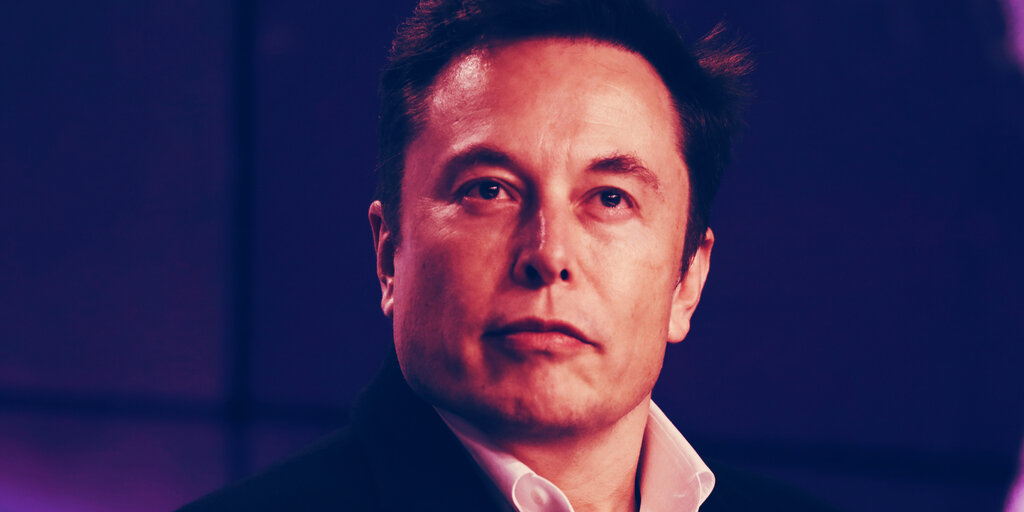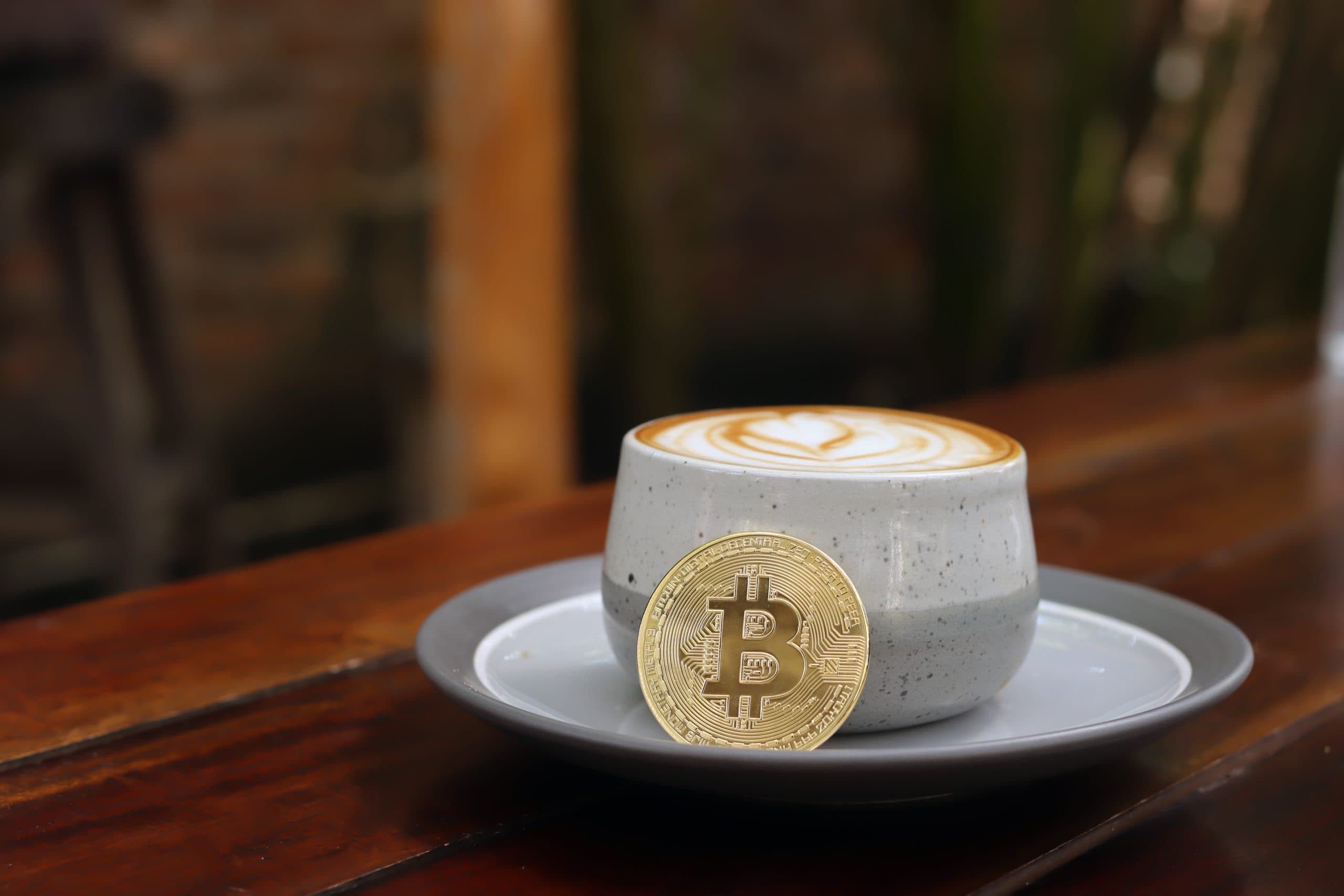The number of tweets impersonating Tesla CEO Elon Musk and a fake cryptocurrency giveaway has vastly increased in the past weeks, as per a report on security publication Bleeping Computer on Friday. Over $580,000 worth of Bitcoin, the world’s largest cryptocurrency, has been siphoned in this manner.
Scammers were found using “verified” profiles—marked by a characteristic blue tick on Twitter and given to influential users—to proliferate their malicious deeds, the report added.
Twitter has suffered from scams, frauds, and account impersonations ever since its platform became famous in the early 2010s. Scam artists, earlier, used confidence tricks to gain money from unsuspecting users, but with the rise of cryptocurrencies last decade, the peculiar “giveaway” scams gained prominence.
These typically saw hackers compromise a popular Twitter account or use bots to propagate an enticing giveaway, usually on the lines of “send me 1 Bitcoin, and I’ll send you 2 back.” Twitter users have lost millions of dollars to such a simple fraud, which continues even today.
Musk has found himself targeted (and impersonated) by many such scammers. In the latest such instance, scammers have resorted to replying with a Musk-promoted crypto giveaway to tweets published by influential users—often using the compromised “verified” accounts to gain legitimacy. Some of them targeted the Winklevoss twins, co-founders of crypto exchange Gemini, claiming that they were giving out free Bitcoin.
These tweets are usually like the one shown in the image below. In this instance, the scammer has attached a link to a malicious site that leads to a Medium blog, one that promises to double one’s Bitcoin if they first sent some to the hacker’s address. And needless to say, nothing is ever returned.

Scammers have even used custom wallet addresses that say “Musk” in the address, the report said. One of these, as per the screenshot below, managed to rake in over $5,000 from a transaction, assuming it wasn’t the scammer sending Bitcoin to himself to falsify activity.

Meanwhile, such scams are not limited to Musk either. Various celebrities, influencers, big-name accounts, or just about anyone with a sizeable following either sees such scams proliferate using their name or with such “verified” followers replying with their versions of the giveaway scams.
Twitter, on its part, said last year that it would introduce new security measures to counteract the growing menace of such scams. But so far, the hackers seem to have an upper hand.























